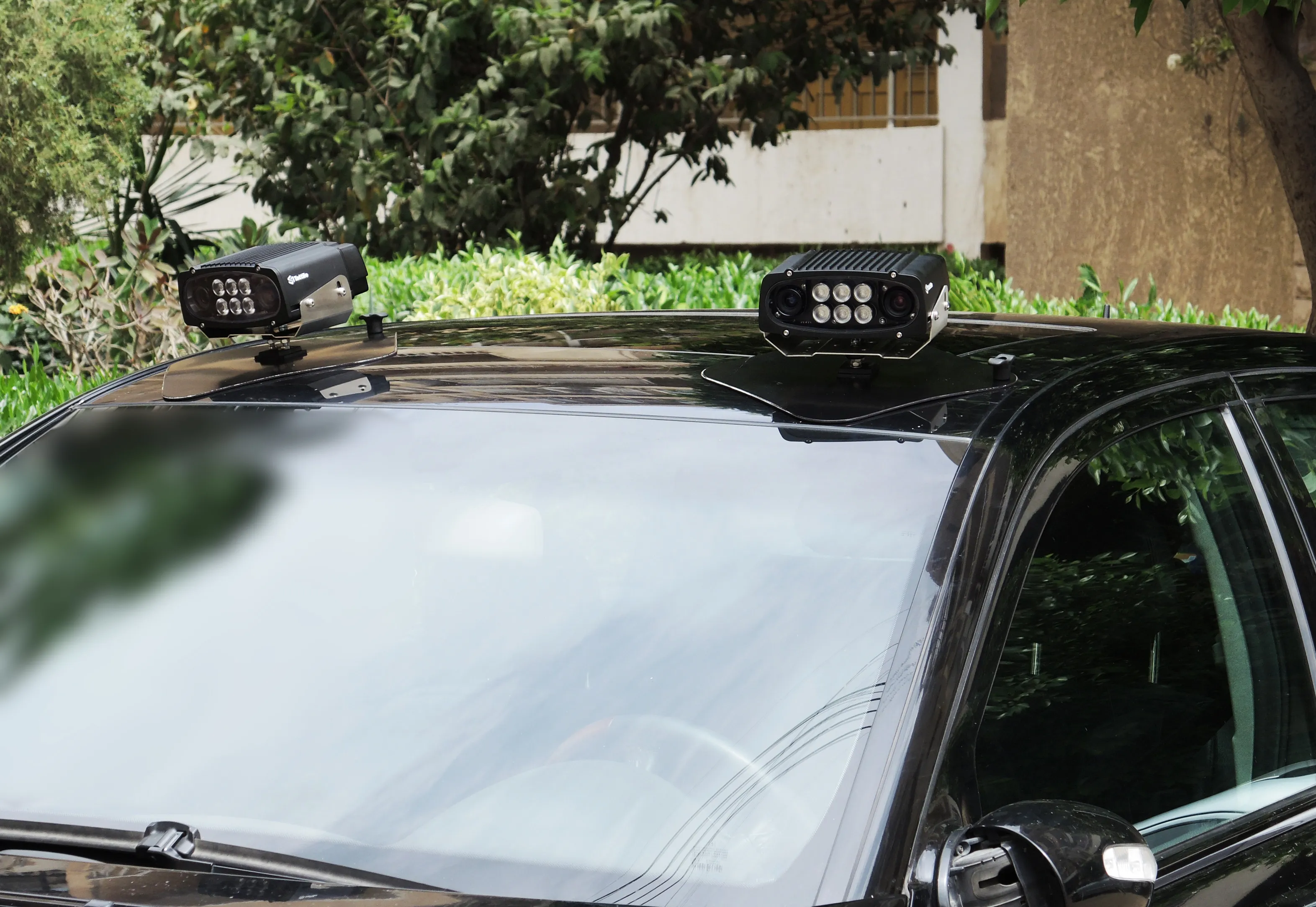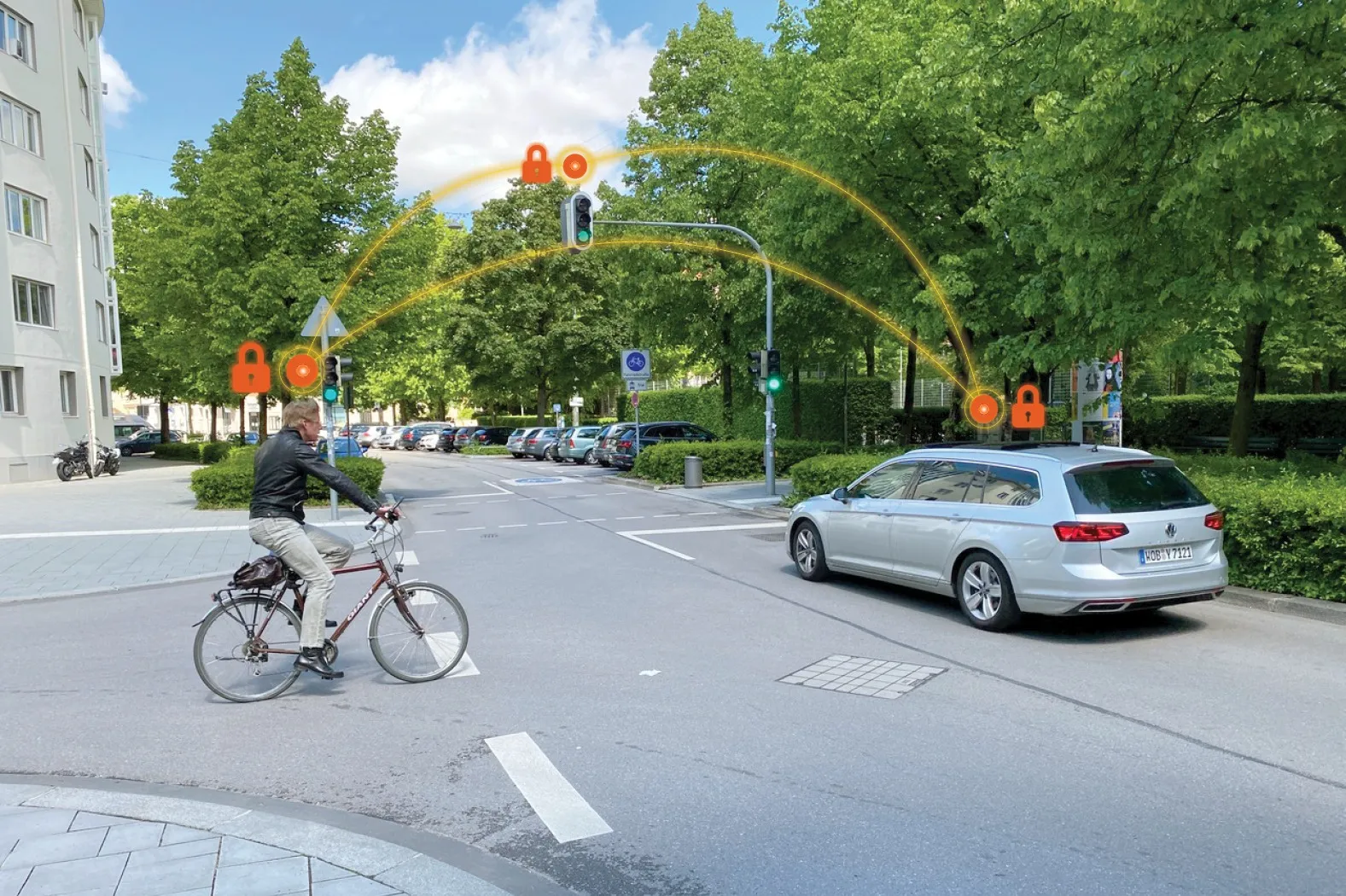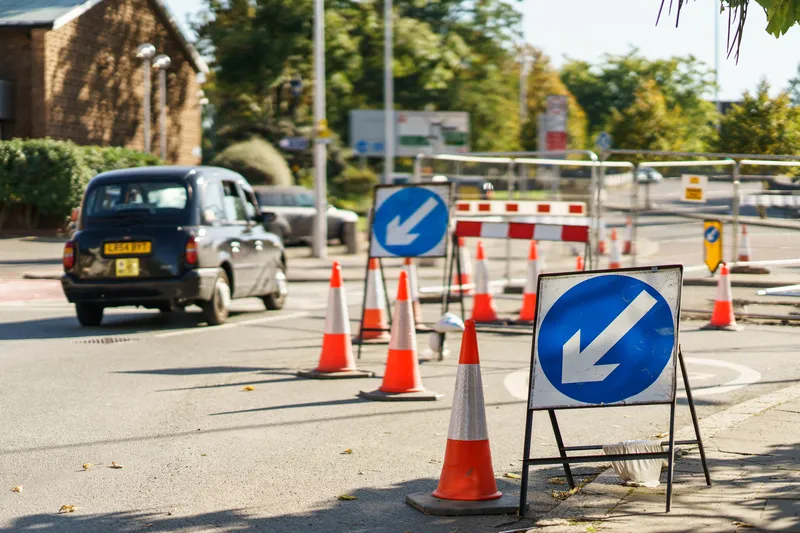
Tattile's automatic number plate recognition (ANPR) cameras are being used by private companies in France offering digital parking payment verification via systems for the electronic processing of number plates.
It follows the decriminalisation of the non-payment of parking fees in France in 2018 in which the management of violations passed to municipalities and these companies.
The technology allows users to enter the number plate number upon paying the parking fee and pay with cash or credit card at a parking meter, which sends the plate number and information of the paid parking time to a central server.
Drivers can also pay through a smart phone app that communicates the plate number to the central server or obtain a subscription through a web portal and enter payment details as well as the plate number.
In all cases, Tattile says the required data is sent to a central server which enables mobile parking enforcement with patrol cars that are equipped with Tattile ANPR cameras for scanning all license plates in a designated parking area.
The one-board architecture of the scanning system is built around a mobile PC and 5G + GNSS (global navigation satellite system) router, mounted in a customised hardware case inside the vehicle. The ANPR cameras are connected to the mobile system.
The system is controlled by the driver or automatically depending on the configuration via a dedicated tablet, mounted to the dashboard. Monitoring and telemetry are made available through various Software as a Service platforms updated in real-time, providing the observer with a live, evolving map of the state of parking ticket payment in their zone.
The number plate data recorded by Tattile cameras is sent to the remote server where it is matched with all registered payments and corresponding number plates. Violations detected by the software lead to the automatic issuing of parking penalty notices.
There are 25 vehicles equipped with Tattile cameras operating in Paris.
Tattile emphasises that one prerequisite to further establish the system in other regions is to prove its ability to interface with all major parking ticketing solutions.
This is maintained by the operators' own ticket centralisation server, the company adds.
According to Tattile, the solution is constantly evolving and the roadmap includes other enforcement uses such as the real-time mapping of low-emission zones within urban areas.









